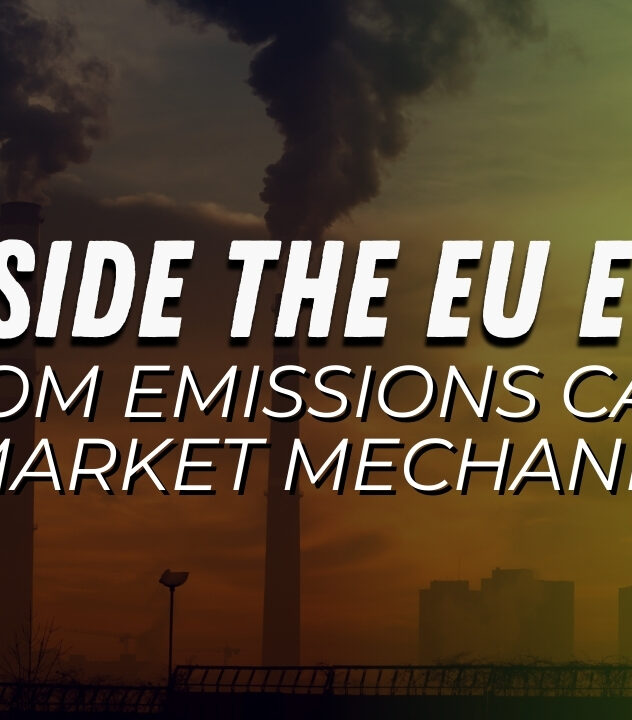
Energy Storage: The Future of Smart Energy Grids
In the evolving energy landscape, the concept of flexible smart grids is becoming increasingly vital. These grids represent the dynamic intersection of sustainable engineering and innovation, crucial in the energy sector’s shift towards decarbonization, decentralization, and electrification.
Storage and flexibility solutions are emerging as the backbone of this new energy paradigm, offering transformative prospects across the spectrum, from centralized generation plants to decentralized models of self-consumption and peer-to-peer energy sales.
The Challenges of Smart Energy Grids
With its growing reliance on renewable energy sources, the energy sector faces unprecedented challenges. The inherent volatility of sources like solar and wind leads to fluctuations in electricity generation, resulting in periods of both deficit and surplus. This unpredictability poses a significant hurdle for maintaining the balance and reliability of power grids.
The Key Solution: Energy Storage
Addressing these challenges necessitates innovative solutions, particularly in energy storage. The ability to store excess energy and release it when needed is crucial, not only for large renewable energy installations but also at the community and individual levels.
The Future of Energy Storage and Smart Grids
Projects that combine energy storage with renewable energy production are not just a technical necessity but also an economic opportunity, offering cost savings and adding value to customers.
Take a look at the following statistics:
Integration of Variable Renewables:
A report by Eurelectric highlights that with advanced energy storage, renewable energy penetration can increase by up to 50% without compromising grid stability.
Flexible Market in Portugal:
According to E-REDES, the introduction of a flexible market in Portugal has the potential to reduce energy costs by 10-15% through improved grid management.
Energy Storage and Grid Stability:
EDP’s research indicates that implementing energy storage solutions can enhance grid stability by up to 30%, particularly in areas with high renewable energy integration.
Security of Electricity Supply:
A study in ScienceDirect suggests that smart grid flexibility could reduce energy outages by approximately 25%, ensuring a more reliable electricity supply.
Efficient Energy Storage:
Iberdrola reports that efficient energy storage technologies could lead to a reduction in carbon emissions by as much as 40% in the next decade, aligning with global climate goals.
This is where SCIVEN’s latest R&D project, Carnot Batteries, comes into play! These batteries, based on the principles of thermodynamics, offer a promising solution to the problem of energy storage and retrieval efficiency.
In conclusion, SCIVEN is at the forefront of bridging sustainable engineering and innovative energy solutions. By focusing on energy storage and smart grid technologies, we are addressing the immediate challenges of renewable energy integration and laying the groundwork for a more sustainable, efficient, and reliable energy future.
Join us as we close the gaps in your energy supply! Keep an eye on SCIVEN SYNERGIES to learn more about the future of Research & Development in energy efficiency!






Leave a Reply